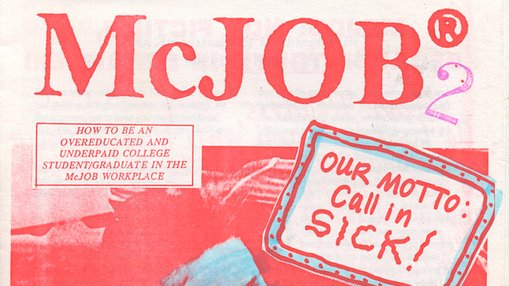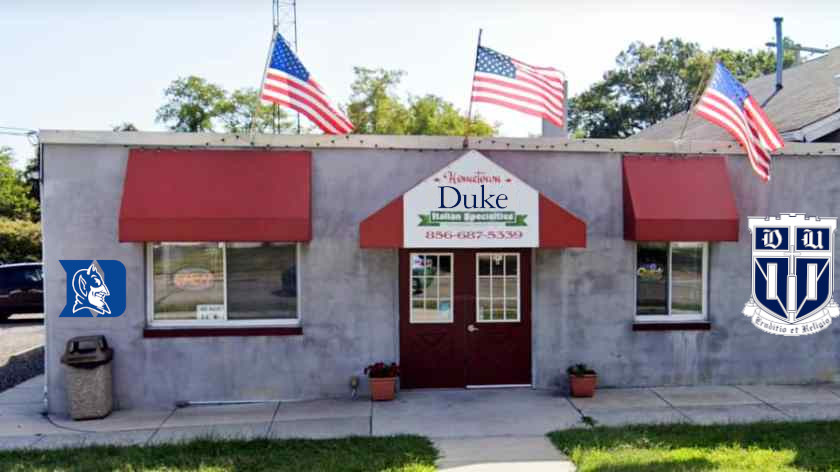
Part of my chronic pain management is a daily swim. Part of my daily swim boredom management is an underwater MP3 player, which I load with audiobooks.
Currently I'm listening to @amyklobuchar's book ANTITRUST, which is very good (review to follow).
1/
Currently I'm listening to @amyklobuchar's book ANTITRUST, which is very good (review to follow).
1/
Klobuchar mentions a book I was familiar with, but never read: Ida Tarbell's HISTORY OF STANDARD OIL, a book that shifted political winds to make it possible to break up John D Rockefeller's robber-baronry.
en.wikipedia.org/wiki/The_Histo…
2/
en.wikipedia.org/wiki/The_Histo…
2/
Tarball was a muckraking journalist's muckraking journalist, and her book is one of those titles that alters the course of history, along with other books by political women: Uncle Tom's Cabin, Silent Spring, The Shock Doctrine, A Paradise Built in Hell.
3/
3/
On today's swim, I made a mental note to check for an audio edition of Tarbell's book and lo and behold, the @internetarchive is hosting a free @librivox edition, read by Tom Weiss:
archive.org/details/standa…
archive.org/details/histor…
4/
archive.org/details/standa…
archive.org/details/histor…
4/
Weiss is an incredibly prolific Librivox volunteer: his other readings include Wollheim's Secret of the Ninth Planet, Jack London's Before Adam, Douglas Fairbanks Sr's Laugh and Love, Tom Swift in Captivity...
librivox.bookdesign.biz/search.jsp?sea…
5/
librivox.bookdesign.biz/search.jsp?sea…
5/
Joseph Conrad's Almayer's Folly and Outcast of the Islands, Maugham's On Human Bondage, Upton Sinclair's The Jungle and Prisoner of Morro, Burroughs's Chessmen of Mars, and many, many more.
6/
6/
All of these readings of public domain books are licensed @creativecommons 0, meaning they can be shared, remixed and sold, and you don't even have to credit Librivox or Weiss (though I think you really should!).
7/
7/
I'm really looking forward to listening to this book, and I thought I'd bump it up here in case you were looking for some reading. If you'd prefer the text to the audio, here's @gutenberg_org's edition:
gutenberg.org/ebooks/60692
eof/
gutenberg.org/ebooks/60692
eof/
• • •
Missing some Tweet in this thread? You can try to
force a refresh







